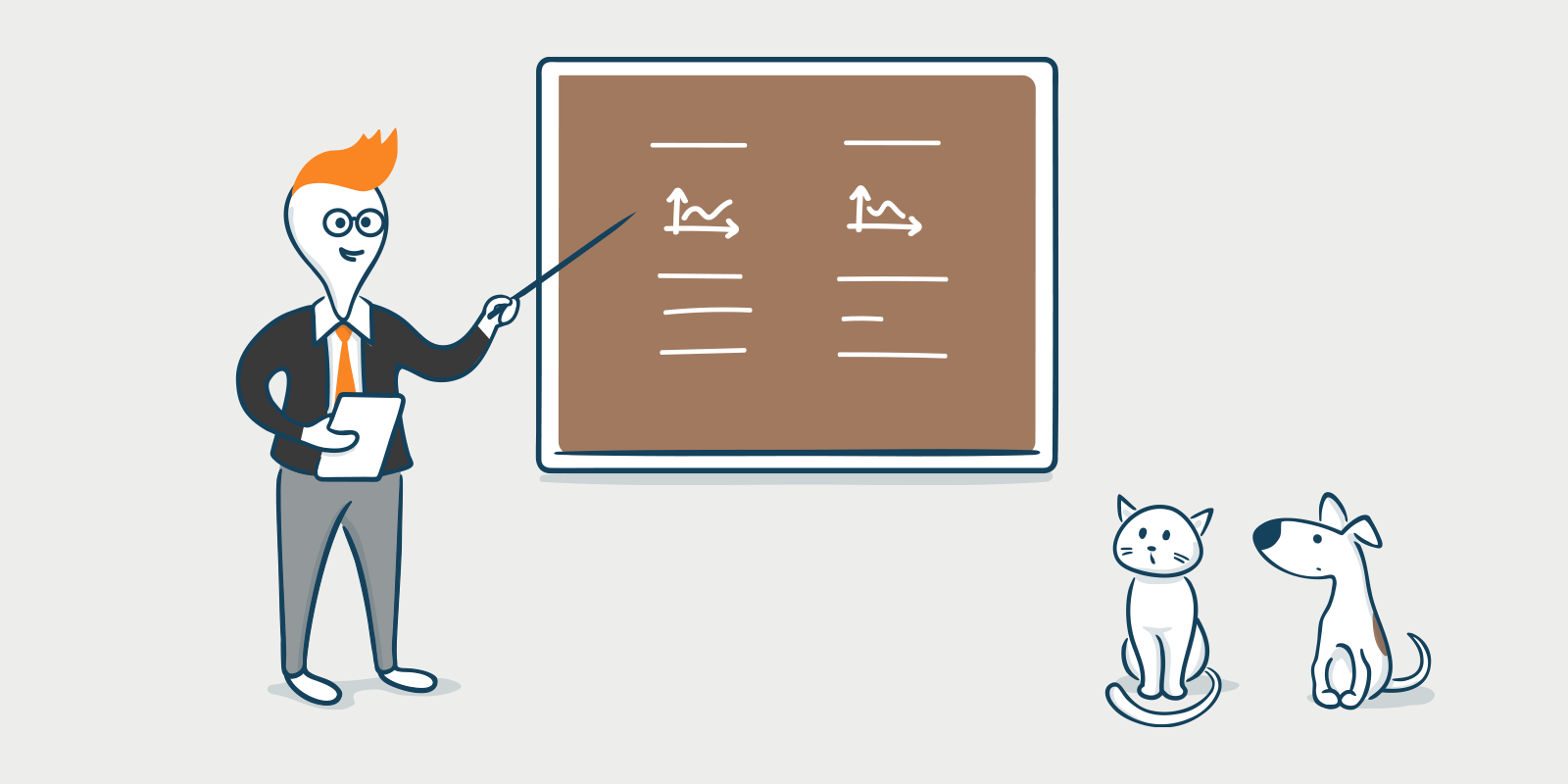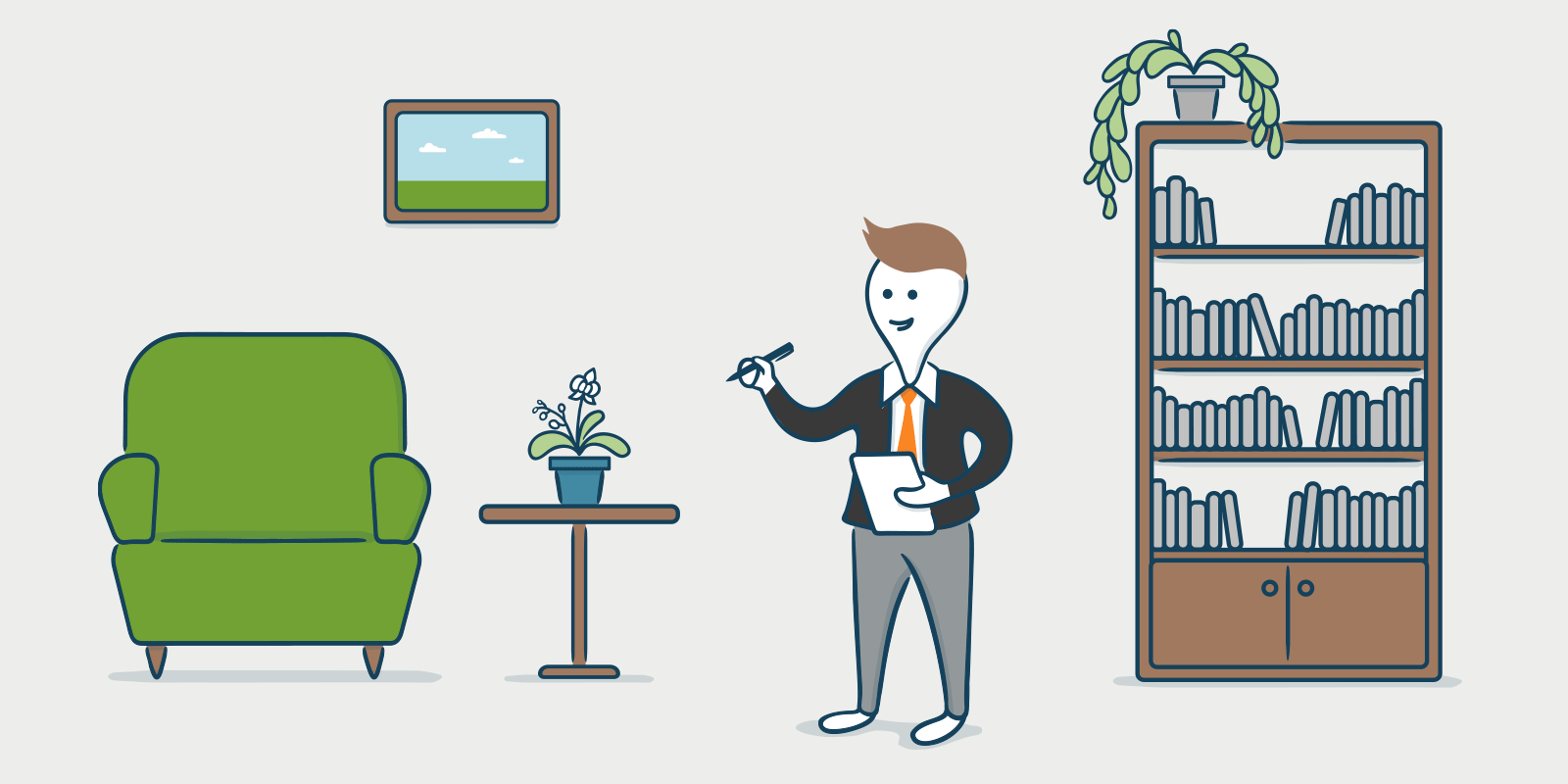
In this guide, we look at whether a buy-to-let property is a worthwhile investment. In terms of saving with a bank, one of the best deals you can get is around 2% in a long-term fixed account with no access to your cash. Meanwhile, by April, the inflation rate will probably hit 6%, which means you are losing money hand over fist. So if you are looking to build up a nest egg, then maybe you should consider investing in property.










 Protect the environment. Reduce paper consumption and help save the trees as well as save money at the same time.
Protect the environment. Reduce paper consumption and help save the trees as well as save money at the same time. 
